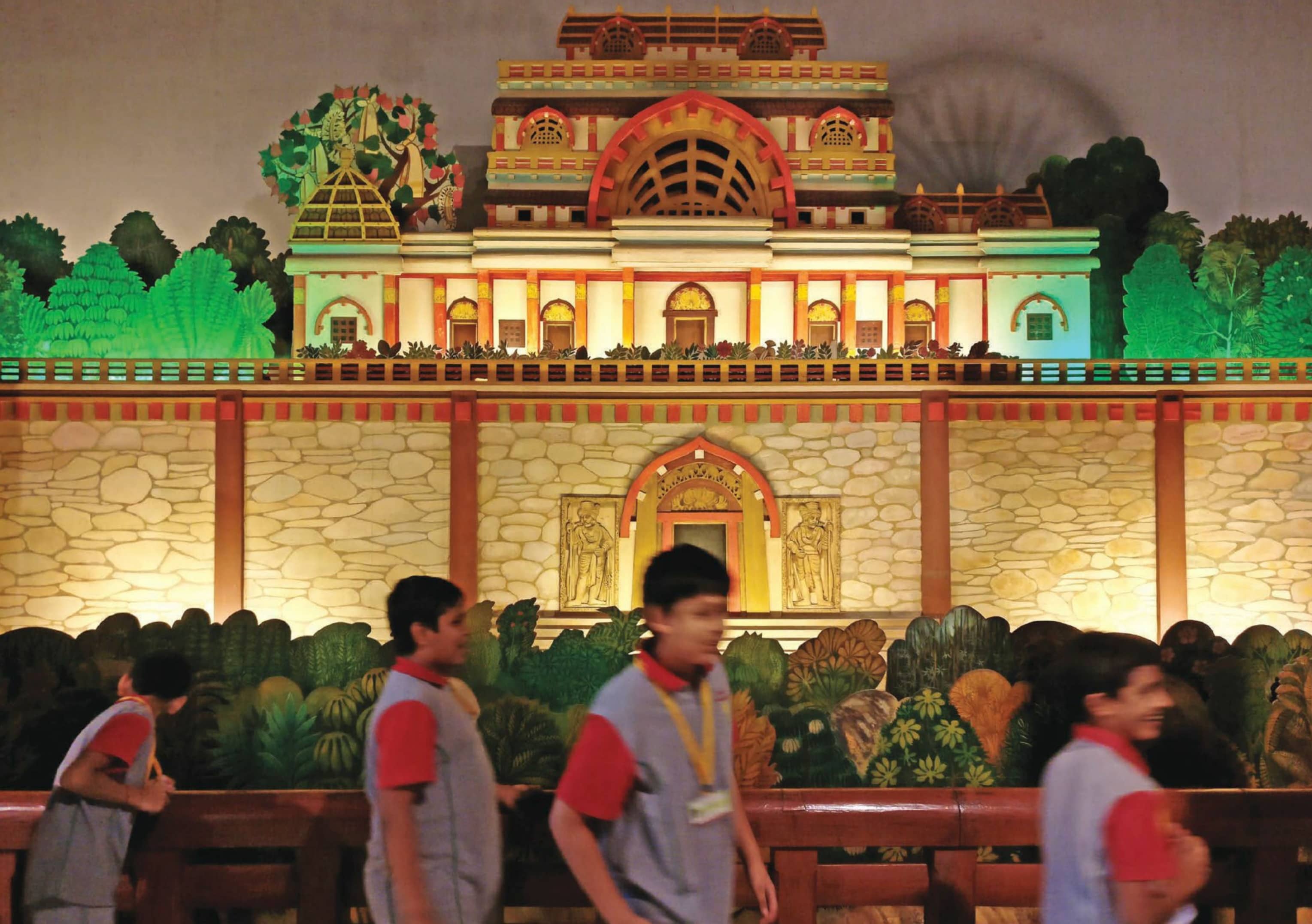
This urge to action, this desire to experience life through action has influenced all my thought and activity. Even sustained thinking, apart from being itself a kind of action, becomes part of the action to come. It is not something entirely abstract, in the void, unrelated to action and life. The past becomes something that leads up to the present, the moment of action, the future something that flows from it; and all three are inextricably intertwined and interrelated.
Even my seemingly actionless life in prison is tacked on somehow, by some process of thought and feeling, to coming or imagined action, and so it gains for me a certain content without which it would be a vacuum in which existence would become intolerable. When actual action has been denied me I have sought some such approach to the past and to history. Because my own personal experiences have often touched historic events and sometimes I have even had something to do with the influencing of such events in my own sphere, it has not been difficult for me to envisage history as a living process with which I could identify myself to some extent.
I came late to history and, even then, not through the usual direct road of learning a mass of facts and dates and drawing conclusions and inferences from them, unrelated to my life’s course. So long as I did this, history had little significance for me. I was still less interested in the supernatural or problems of a future life. Science and the problems of today and of our present life attracted me far more.
Some mixture of thought and emotion and urges, of which I was only dimly conscious, led me to action, and action, in its turn, sent me back to thought and a desire to understand the present.
This story is from the {{IssueName}} edition of {{MagazineName}}.
Start your 7-day Magzter GOLD free trial to access thousands of curated premium stories, and 9,000+ magazines and newspapers.
Already a subscriber ? Sign In
This story is from the {{IssueName}} edition of {{MagazineName}}.
Start your 7-day Magzter GOLD free trial to access thousands of curated premium stories, and 9,000+ magazines and newspapers.
Already a subscriber? Sign In